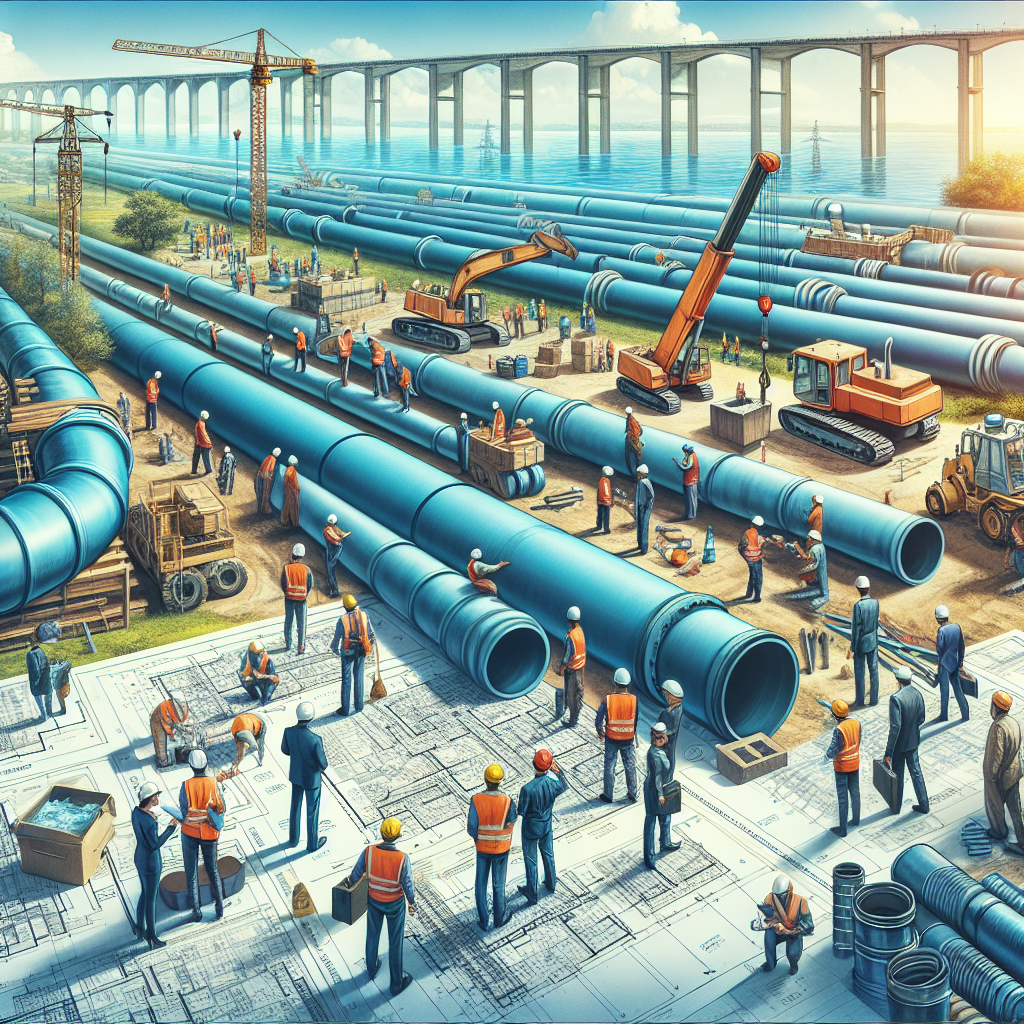The Government of India and the Asian Development Bank (ADB) have formalized a $50 million loan agreement to strengthen water security and mitigate climate change impacts in the northeastern state of Meghalaya. This initiative will focus on building climate-adaptive water-harvesting systems (WHS) to improve access to water and bolster community resilience.
The loan agreement for the Climate-Adaptative Community-Based Water-Harvesting Project in Meghalaya was signed by Ms. Juhi Mukherjee, Joint Secretary, Department of Economic Affairs, Ministry of Finance, on behalf of the Indian government, and Ms. Mio Oka, Country Director of ADB’s India Resident Mission.
Aligning with Meghalaya’s Water Policy
Ms. Mukherjee noted that the project aligns with the Meghalaya State Water Policy (MSWP) 2019, which emphasizes sustainable development, water resource management, and community participation. "This initiative aims to achieve the MSWP’s vision of integrated water management, vulnerability reduction, and sustainable water use for agriculture and livelihoods," she said.
Ms. Mio Oka highlighted ADB’s role in implementing the MSWP. "Beyond financing, ADB will provide expertise in designing climate-resilient WHSs and integrating climate adaptation measures into state and village-level water security plans," she stated.
Project Highlights and Objectives
The project will address Meghalaya’s unique climate challenges by focusing on:
Water Harvesting and Storage:
Construction of 532 small water-storage facilities across 12 districts, designed to capture monsoon rainfall and mitigate risks from heavy rain and flash floods.
Development of 3,000 hectares of command area to enhance irrigation reliability for farmers.
Disaster Risk Management:
Creation of a state-wide WHS master plan and water security plans tailored to micro-catchment areas.
Climate Monitoring and Innovation:
Installation of 50 weather stations for climate data gathering and analysis.
Introduction of micro-irrigation systems in the Garo, Khasi, and Jaintia regions to optimize water use.
Pilot testing of renewable energy micro-hydropower systems in three WHSs to promote clean energy use.
Building Capacity and Empowering Communities
The project aims to strengthen the capabilities of the Meghalaya State Watershed and Wasteland Development Agency and the Soil and Water Conservation Department. Training programs will empower local farmers, particularly women, in adopting advanced agricultural techniques such as horticulture and fisheries, ensuring increased productivity and economic growth.
Addressing Water Scarcity with Long-Term Solutions
By integrating disaster risk management and participatory water governance, the project aims to reduce Meghalaya’s vulnerability to water scarcity during the dry season. Village-level organizations, such as village employment councils, watershed management committees, and water users’ associations, will play key roles in maintaining the WHSs and implementing water security plans.
Potential for Transformative Impact
The project’s comprehensive approach to water resource management, climate resilience, and sustainable livelihoods is expected to serve as a model for addressing similar challenges in other parts of India and the region.
With the loan now in place, the groundwork is set for the successful implementation of this transformative initiative that promises a water-secure and climate-resilient future for Meghalaya.

